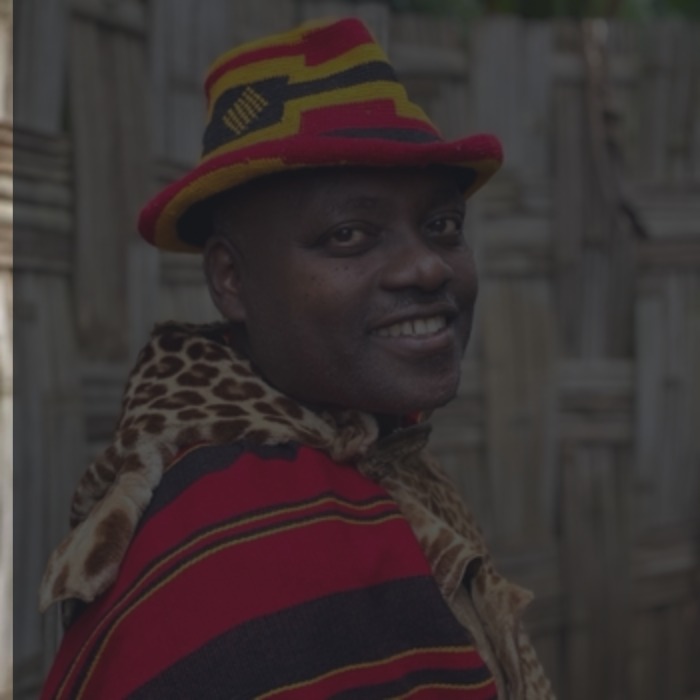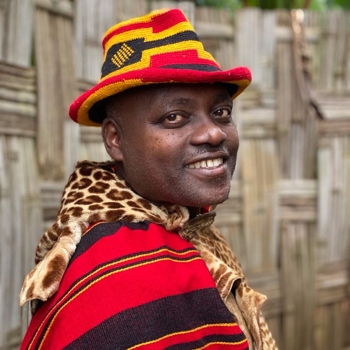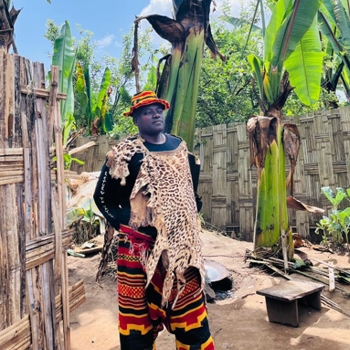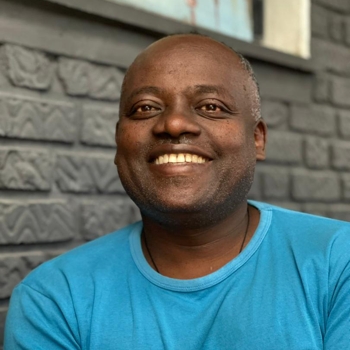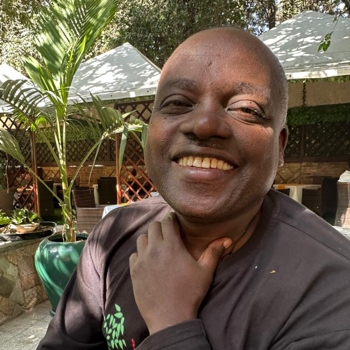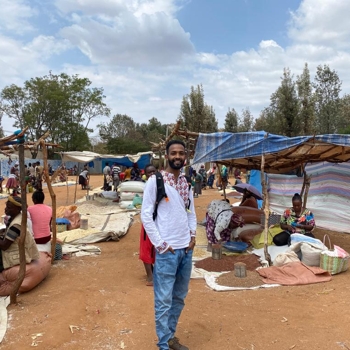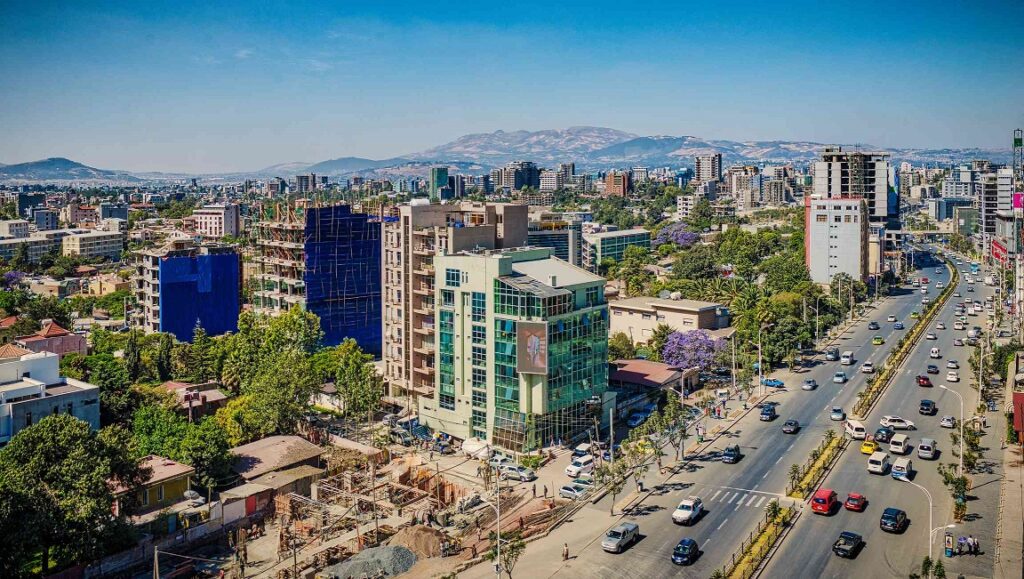GAY FRIENDLY TOUR GUIDES IN ADDIS ABABA, ETHIOPIA
Holiday Houseboys
To fully appreciate Addis Ababa you need to book a Holiday Houseboy, your personal gay friendly tour guide. He will be able to show you around like a local. Whether you want to see the tourist sites, places off the beaten track or discover new experiences, the Holiday Houseboy is there to help you. He looks after your safety and welfare at all times.
Mulugeta
Gay friendly tour guide in Addis Ababa. Born in the northern part of Ethiopia, Mulugeta now lives in Addis Ababa. He studied political science and tourism. Currently he works as a teacher in a High School. Mulugeta also works for a travel agency showing tourists the city of Addis Ababa and beyond. Please book Mulugeta by clicking on the green button below.
Mulugeta is a non smoker, and speaks English and Amharic.
Total cost for the guide services of Mulugeta for one day (8 hours) = a non refundable deposit of USD 55 by Paypal or major credit card (Visa, Mastercard, American Express) PLUS USD 70 in cash to Mulugeta after his services. Total 125 US dollars.
Alternatively the cost for the guide services of Mulugeta for half a day (4 hours) = a non refundable deposit of USD 35 by Paypal or major credit card (Visa, Mastercard, American Express) PLUS USD 40 in cash to Mulugeta after his services. Total 75 US dollars.
This does not include transport, entrance fees or any food & beverage costs. Please pay the guide’s expenses when he is with you.
Testimonials:
“Our day tour with Mulu was great. He tailored the tour to what we wanted to see. Most importantly, he made us feel safe, in particular at the Merkato (city market).” – Maurice, Hong Kong
Wegderes
Gay friendly tour guide in Addis Ababa. Wegderes is a knowledgeable and friendly guide who is passionate about sharing the rich culture and history of Addis Ababa with visitors from around the world. Whether you want to explore the National Museum of Ethiopia where the famous Lucy fossil is housed, visit the Holy Trinity Cathedral and other historic churches, discover the vibrant Merkato market (one of Africa’s largest open-air markets), or experience the authentic Ethiopian coffee ceremony and traditional cuisine, Wegderes brings his local expertise to every tour. He can show you the best viewpoints from Entoto Mountain, introduce you to the fascinating history of Ethiopia as the only African nation never colonized, and help you navigate this dynamic capital city with ease. His warm personality and excellent English communication ensure that every guest has a memorable and enriching experience exploring Addis Ababa. To book Wegderes as your guide, please click on the green “BOOK NOW” icon below.
Wegderes is a non smoker, and speaks English.
Total cost for the guide services of Wegderes for one day (8 hours) = a non refundable deposit of USD 55 by paypal or major credit card (Visa, Mastercard, American Express) PLUS USD 120 in cash to Wegderes after his services. Total 175 US dollars.
Alternatively for the guide services of Wegderes for half a day (4 hours) = a non refundable deposit of USD 35 by paypal or major credit card (Visa, Mastercard, American Express) PLUS USD 60 in cash to Wegderes after his services. Total 95 US dollars.
This does not include transport, entrance fees or any food & beverage costs. Please pay the guide’s expenses when he is with you.
For Wegderes to use his own car, there is an additional cost of USD 120, payable in cash at the end of the tour.
Babi
Gay friendly tour guide in Addis Ababa. Babi is a locally experienced independent tour guide based in Southern Omo Valley with over a decade of guiding experience in all over Ethiopia. He was born and raised in Jinka town, which is the closest town and the gateway to Omo Valley tribes. Babi is local to the area and speaks many of the indigenous languages, and he has deep relationships with local people as well. He grew up doing this lifetime permanent tourism business with an authentic love for the life of the amazing tribal communities of the Omo Valley with an ample opportunity to witness their genuine daily life activities live with a real presence not for tourists, a genuine knowledge and firsthand off the books experience. Whether you want to visit the Mursi, Hamer, Karo, or other fascinating tribal communities, experience authentic markets and ceremonies, or explore the unique landscapes and wildlife of the region, Babi’s deep local connections and intimate knowledge ensure an authentic and unforgettable journey. To book Babi as your guide, please click on the green “BOOK NOW” icon below.
Babi smokes occasionally, and speaks English and Amharic.
Total cost for the guide services of Babi for one day (8 hours) = a non refundable deposit of USD 55 by paypal or major credit card (Visa, Mastercard, American Express) PLUS USD 60 in cash to Babi after his services. Total 115 US dollars.
Alternatively for the guide services of Babi for half a day (4 hours) = a non refundable deposit of USD 35 by paypal or major credit card (Visa, Mastercard, American Express) PLUS USD 40 in cash to Babi after his services. Total 75 US dollars.
This does not include transport, entrance fees or any food & beverage costs. Please pay the guide’s expenses when he is with you.
For Babi to use his own car (Toyota Landcruiser), there is an additional cost of USD 100 per day, payable in cash at the end of the tour.
How To Book A Holiday Houseboy
To book any of our Holiday Houseboys please go to the booking form.
Or send an email to info@holidayhouseboys.com.
Alternatively WhatsApp +34-676-78 63 51.
Remember a Holiday Houseboy is your gay friendly tour guide who looks after your safety and welfare at all times.
Please note these are guide services and not sexual services.
Our other destination in Ethiopia is Jinka.
Highlights of Addis Ababa As Shown By Your Gay Friendly Tour Guides














